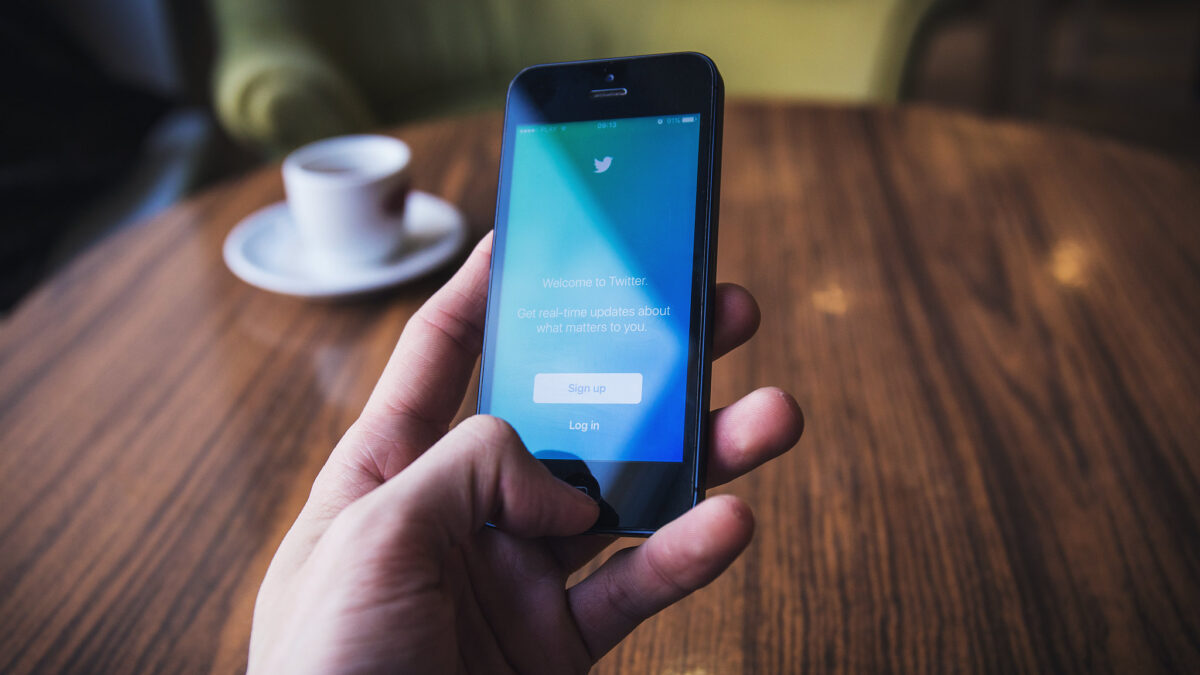Creating a Twitter account confirmed my suspicions about a Twitter problem I doubt Elon Musk can fix. I think he can handle the biased moderation and the (un)profitability of the platform, but Twitter has a basic structural problem, which is that it does not deliver on its promise of joining the discussion and being heard by famous and important people.
Twitter, as a business, needs engagement. And engagement is sustained by the idea of Twitter offering real contact and a real platform. But though that is not quite an illusion, it is not very real. For most users, Twitter offers something barely more substantial than a phantasm of connecting with a celebrity or an illusion of shaping the political conversation.
Twitter’s fundamental problem is that it is structured to frustrate ordinary users who want to be part of the discourse, but instead find themselves tweeting into the void, or turning into “reply guys” trying to attract the attention of larger accounts.
Of course, Twitter is just fine for those who use it to consume a personally curated blend of news, opinion, and entertainment. And people who already have connections and an audience (i.e., the sort of people who can become verified users with the little blue checkmarks next to their names) can use Twitter to promote themselves and extend their network.
The alternative to these preexisting connections — trying to build an audience from scratch — is where Twitter gets ugly. Twitter encourages people to join the conversation, but most of those who try quickly realize that tweeting isn’t the same as being part of the conversation — posting all day (or night) long doesn’t mean anyone cares.
After realizing this, some people go back to using Twitter as a way to keep up with whatever it is they care about keeping up with, from a niche academic field to the Kardashians. Others keep tweeting, unperturbed at being just another voice in the chorus. A talented and patient few build up their profile through quality tweets and replies. But many users start chasing attention and engagement, and like a toddler seeking the same, it often escalates into disaster.
A person can tweet forever without anyone noticing; even really good tweets can be totally ignored. Jumping on a hashtag bandwagon might garner attention, but the obvious approach is to focus on tweeting at popular accounts, both by tagging them in tweets and by replying to their tweets. Even if the target ignores this, others might notice, and the best way to be seen is often not through thoughtful engagement, or even flattery towards allies, but through attacking an enemy.
This is how a reply guy is spawned. President Trump’s Twitter account had a complex ecosystem of them, with left-wing accounts trying to amass followers by aggressively tweeting back at him. A few succeeded, and though Trump’s Twitter feed is gone, a similar dynamic can be found under many other accounts, including that of the guy buying Twitter.
Of course, the perfect dunk — a rebuttal that destroys an argument in humiliating fashion — is hard, even for those who are not scrupulous about logical consistency and factual accuracy. It is a lot easier to just be vicious, or reply with a set meme or jibe. Most people won’t get sucked into this (most Americans aren’t even on Twitter, let alone active) but enough miserable people are on Twitter to make it an often ugly place. If the thrill of being noticed requires being rude and even cruel to strangers on the internet, plenty of people will take that deal.
It is a rare person who is immune to the temptation to preen for his audience — or the audience he wants to have. Social media, Twitter included, promises to really make all the world a stage, but most of us only play the lead in our own heads — as far as everyone else is concerned we’re just part of the scenery.
Thus, the human need for recognition impels us toward more engagement, and bitterness when it does not give us the attention and affirmation we crave. Twitter is often an ego trap that encourages people to waste their time serving as cannon fodder in online propaganda armies.
Nonetheless, I’ll be keeping my account, at least for now. I think it can be a useful, if dangerous, tool. The key to using it wisely will be remembering that though Twitter will never love me back, it will enable me to hurt myself if I’m careless.
Twitter doesn’t share the love, it just concentrates it in a different way. I’m not sure Elon Musk is thinking about that problem, and I don’t think there is much he can do about it even if he is.









